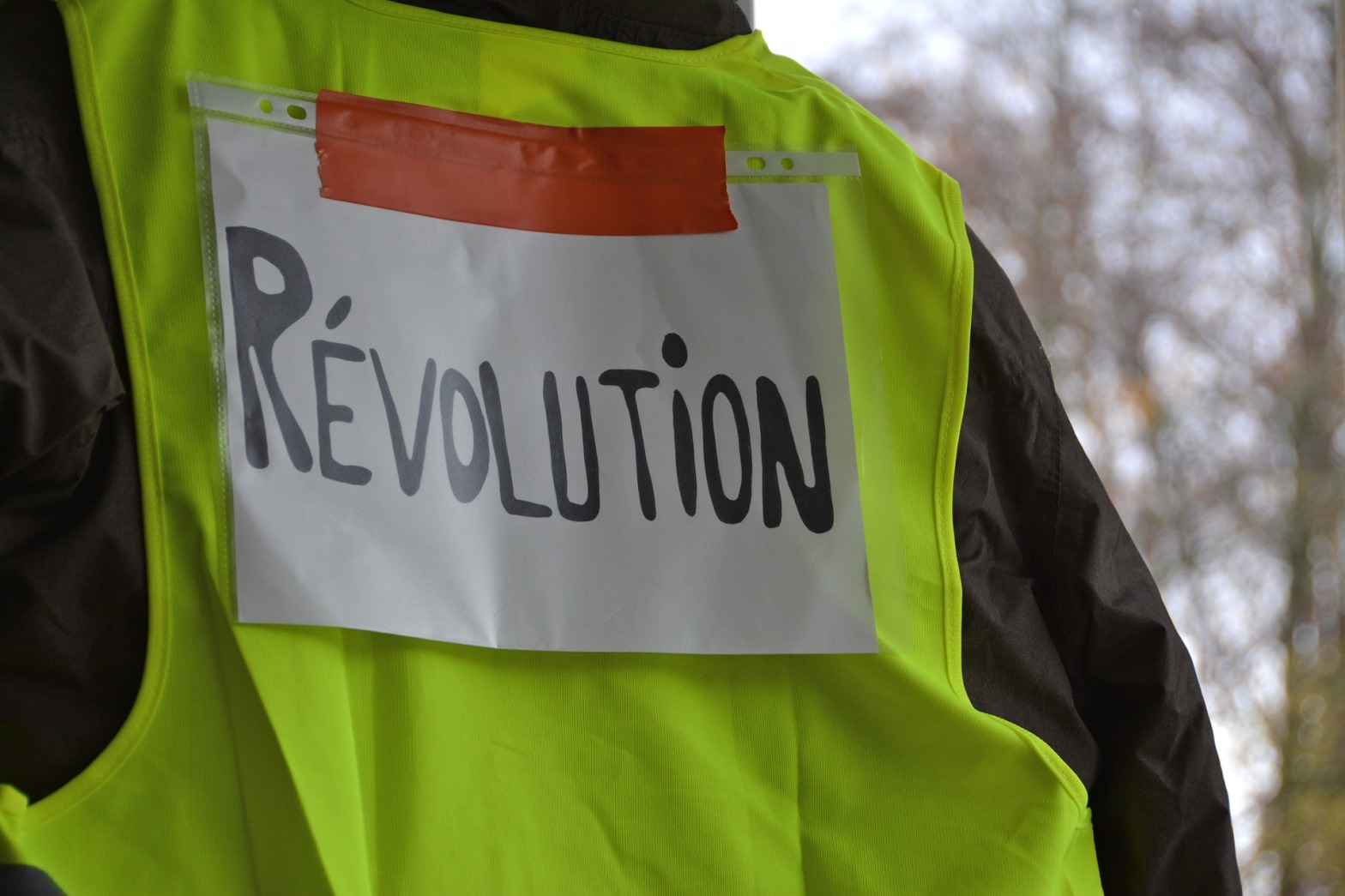It was saddening to see the video going viral of various heads of state supposedly mocking President Trump during the recent NATO meeting. Whilst I am no fan of Trump’s policies and behaviour, it saddens me to see leaders that profess to lead from the higher moral ground should debase themselves in mocking the behaviourContinue reading "Being the adult in the room"
We need to talk about Love
We need to talk about Love. Love as the defining force of our lives, and of the world. Love as the driver of the higher order thinking we need to effect change in this world. Love as the only foundation of all the issues our world is confronting right now. We need to ensure eachContinue reading "We need to talk about Love"
Love, decency and humanity: A higher standard for politics
I’ve just finished reading the brilliant and inspiring book ‘Let Her Fly’, the personal memoir of Ziauddin Yousafzai, the father of Nobel Peace Prize winner Malala. It is by all accounts an extraordinary story of one man’s profound belief in the equality of women, despite growing up in a country and culture that kept, andContinue reading "Love, decency and humanity: A higher standard for politics"
In search of moral leadership
In a recent interview to promote her new book, Becoming, Michelle Obama talked about the pressure of maintaining the moral leadership of the country during her husband’s presidency. The conversation was sparked by Stephen Colbert commenting that Franklin D Roosevelt was quoted as saying that this was really the role of a president, to provideContinue reading "In search of moral leadership"
Paris burns in flames – the ‘gilets jaunes’ and the need for a revolution of the heart
Paris burns in flames, the image of a ‘gilets jaunes’ (yellow vest) waving the Tricolour as the street behind him erupts into fire, emulating that most famous images of Marianne on the barricades of the French Revolution. One might almost find it comical were it not for the fear that has engulfed the streets ofContinue reading "Paris burns in flames – the ‘gilets jaunes’ and the need for a revolution of the heart"
Love not Fear
Our world is calling out for more love. That will be the only antidote to fear. When we allow something more expansive to take place in our heart. When we stop to listen to ourselves and our self-serving agendas, our narrow focuses on our own best interests and take a larger view ofContinue reading "Love not Fear"
Getting France to say ‘yes and….’
In improvisational theatre, there’s a game that practitioners play called ‘Yes and…’. The idea is that someone starts telling a story, and each person goes around the circle and builds on the idea or suggestion of the previous person. “Let’s go to the beach!” “Yes, and we can go surfing!” “Yes, andContinue reading "Getting France to say ‘yes and….’"
Spirituality and the entrepreneurial journey
Spirituality has been indispensable to me as an entrepreneur. Only last week, as I despaired to my mentor of ever finding the funds that we need for the next phase of our growth, I was reminded to ‘hit the prayer button’ to get me through. My mentor is, himself, not a spiritual person butContinue reading "Spirituality and the entrepreneurial journey"
Beyond Tolerance
A few months ago I was invited to give a talk at the London School of Economics as part of a day-long conference ‘Beyond Tolerance: Citizenship, Diversity, Constructive Conflict’. The conference had been organised in the wake of the Brexit and Trump vote in an attempt to understand how the polls and political climate couldContinue reading "Beyond Tolerance"
Is China ready for global leadership?
Much was made of President Xi Jing Ping’s address at Davos a few weeks back, extolling the virtues of globalisation in the face of increasing isolationism from Western governments. Davos participants and the press made much of the ironies that such endorsement should come from the world’s largest communist party, marvelling at the extraordinaryContinue reading "Is China ready for global leadership?"

